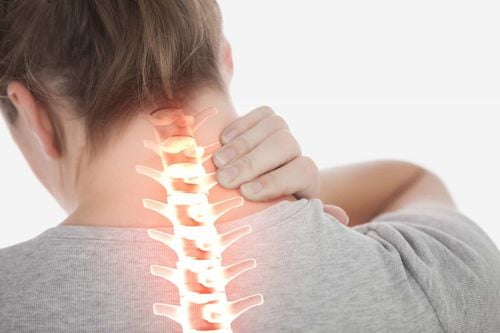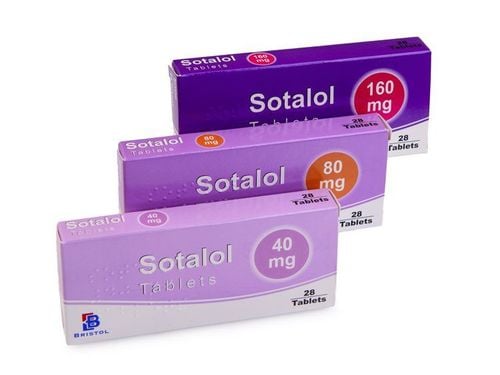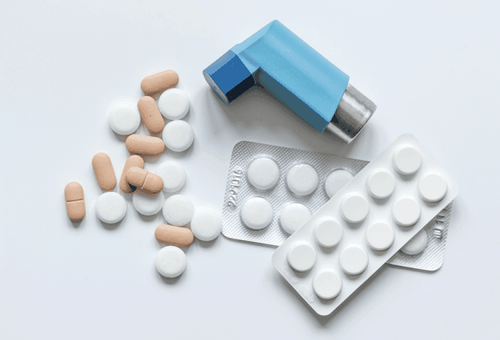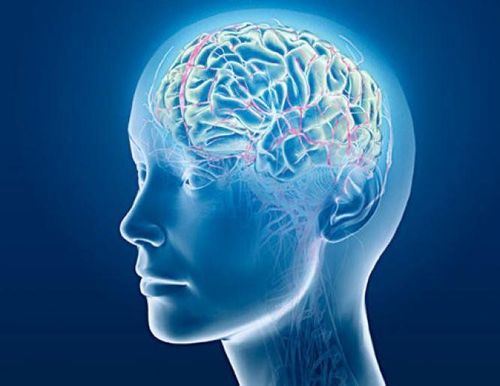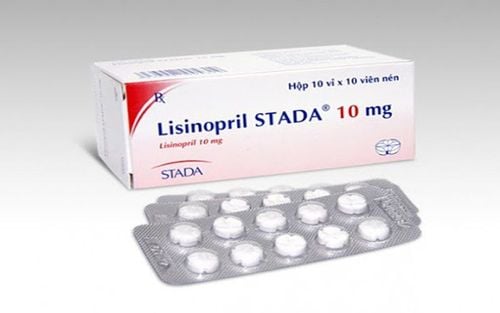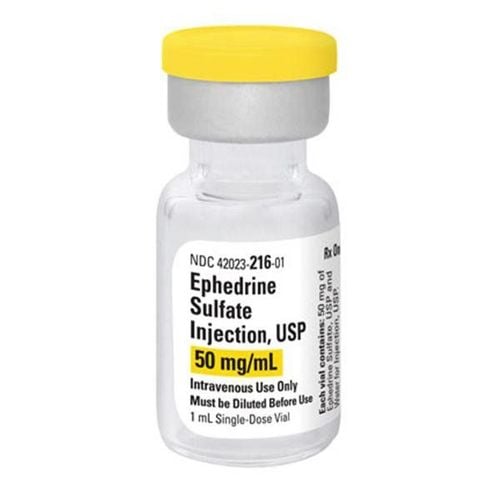This is an automatically translated article.
The article is professionally consulted by Master, Doctor Cao Thanh Tam - Cardiologist - Cardiovascular Center - Vinmec Central Park International General Hospital.1. Heart rhythm signs indicate that you need immediate medical attention
An important key to helping you control heart palpitations includes taking medication as directed by your doctor in combination with a proper diet and regular health checkups.Your cardiologist will advise you on the appropriate frequency of visits during your year. However, if you have any abnormal heart-related symptoms, you should see your doctor as soon as possible instead of waiting for your usual appointment. Below are symptoms that need urgent treatment, including:
Uncontrollable weight gain. Swelling in the feet, ankles, legs and abdomen. Even more, the swelling in these areas of the body becomes more and more severe. Feeling loss of appetite, bloating, or nausea. The body is really tired and finds it difficult to carry out normal activities. Respiratory tract (lung) infection. Cough gets worse than before. The heart rate is too fast, about 120 beats per minute. Feel chest pain or discomfort during activity and may only improve if you rest. Shortness of breath during everyday activities, even when you are resting. Sleep changes, including difficulty falling asleep or wanting to sleep more than usual. Feeling restless, dizzy or lightheaded.
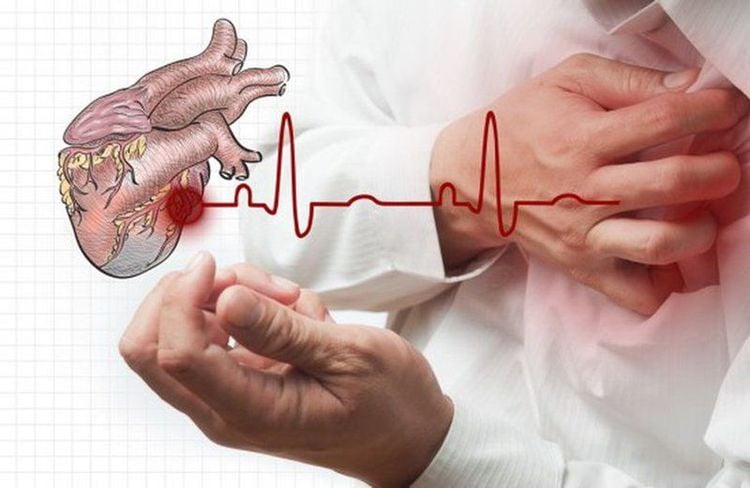
Phone number to contact your specialist. Prescriptions of medications and dosages that you are taking.
2. At what heart rate is considered an emergency?
You need immediate medical treatment if any of the following occur:Sudden onset of symptoms such as chest pain or discomfort, accompanied by shortness of breath, sweating, nausea and weakness. Shortness of breath that does not improve, even with rest. Weakness or sudden paralysis (inability to move) in an arm or leg. Severe or sudden headache. Fainting with loss of consciousness. Fast heart rate, more than 120 beats per minute, especially if you're short of breath. Bradycardia, less than 60 beats per minute with one or more of the above symptoms. Please follow the website: Vinmec.com regularly to update many other useful information.
Please dial HOTLINE for more information or register for an appointment HERE. Download MyVinmec app to make appointments faster and to manage your bookings easily.
Reference source: Webmd.com





